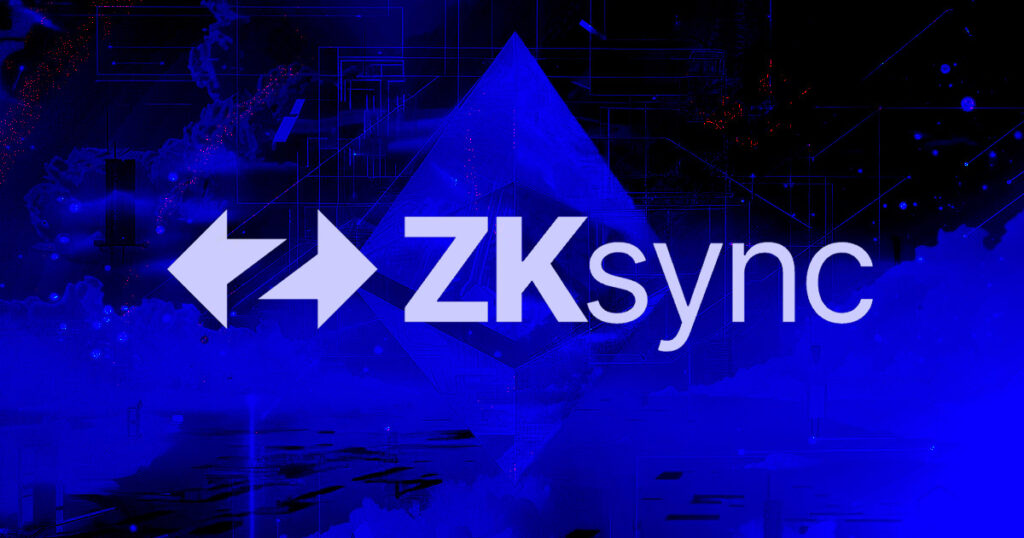Solana co-founder Anatoly Yakovenko has criticized the Ethereum layer-2 network ZKsync because it still operates like a multisig system despite claims of community-led governance.
In a post on X (formerly Twitter), Yakovenko argued that the same “honest majority” assumptions apply to ZKsync because its system’s legal or technical control could easily fall under the jurisdiction of a court, compromising its decentralization.
According to him:
“Enough of the token holders to create a quorum and enough of the ‘professional security council’ could be within reach of a rando US bankruptcy judge that could order all of them take all the bridged assets under control of a bankruptcy trust.”
His comments were in response to Alex Gluchowski, co-founder and CEO of Matter Labs, the team behind ZKsync. Gluchowski had claimed the network’s new decentralized governance system was not a multisig setup and making “a critical step towards Stage 2.”
Stage 2 refers to a transition from partial to full decentralization. In this stage, trust is placed entirely in the blockchain’s code and algorithms, ensuring the system is open, secure, and resistant to manipulation.
Notably, no Ethereum layer-2 network is entirely in Stage 2 of its decentralization development.
Decentralized governance
On Sept. 12, Gluchowski announced that ZKsync’s governance system had gone live.
The system introduces a three-body structure, which includes the ZK token assembly—a group of token holders who delegate their voting power to delegates. These delegates can submit and vote on protocol, token, and governance upgrade proposals.
According to the team:
“This is perhaps the most important facet of the system: token holders and their Delegates can initiate ordinary upgrades to the ZKsync protocol directly onchain, instead of relying on a single multisig.”
Meanwhile, Delegates will also have legal protection through the ZKsync Association, an ownerless non-profit that addresses personal liability concerns.
The second part of the governance structure is the ZKsync Security Council, which consists of engineers, auditors, and security professionals. The Council has the power to review and actively approve protocol upgrades, freeze the protocol, and submit necessary time-sensitive upgrades.
However, their power is constrained as they cannot submit and approve upgrades unilaterally.
Lastly, the ZKsync Guardians ensure governance proposals align with the principles of the ZK Credo. They hold veto power and serve as a check on the other governance bodies.
The three governance entities—the Token Assembly, Security Council, and Guardians—collaborate to review and execute proposals, such as ZKsync Improvements, Token Programs, and Governance Advisory changes. The Token Assembly can submit proposals, which the Guardians can veto if needed, and the Security Council must approve protocol upgrades.
Essentially, this structure prevents individuals or groups from having unilateral control over proposals and upgrades.
Mentioned in this article
Read the full article here

